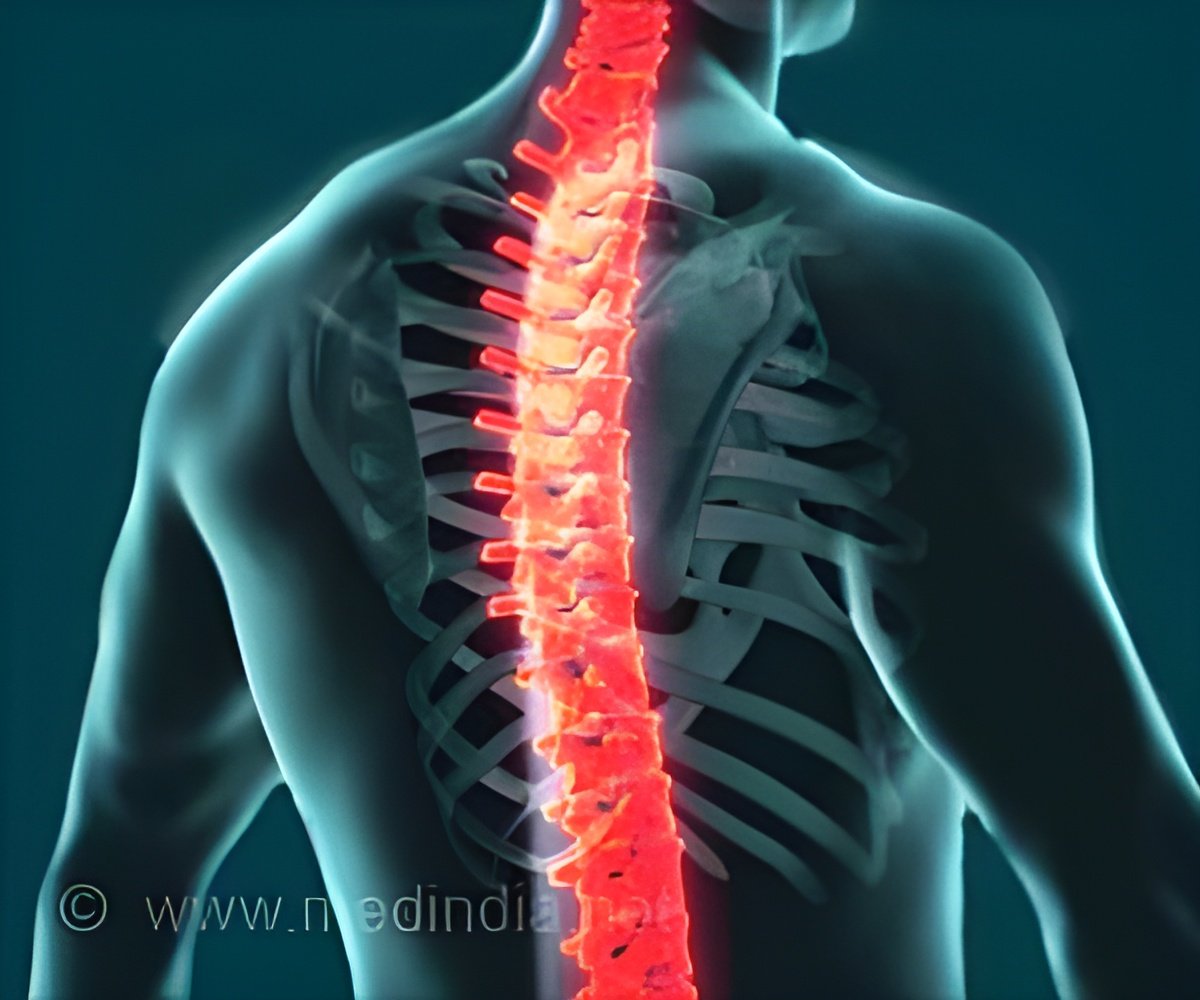New study demonstrates the effect of first-degree family history of diabetes on bone loss, insulin resistance, and hyperinsulinemia, despite normal blood glucose levels.

‘Higher insulin levels in women with a hereditary predisposition to diabetes have high BMD, as insulin helps build the bone. But, increased risk of developing diabetes in these group of patients can lead to fragility and increased fractures.’
Read More..




In this new study involving nearly 900 normoglycemic postmenopausal women, it was found that the BMD of the lumbar spine and femoral neck was significantly higher in participants with a first-degree family history of diabetes than in those without such history, even in women with normal blood glucose levels. These same participants additionally showed increased insulin resistance and hyperinsulinemia. Read More..
Findings were published in the article "Association of bone mineral density with a first-degree family history of diabetes in normoglycemic postmenopausal women."
"This study shows an association between a family history of diabetes and increased bone density in postmenopausal women. This finding may be related to higher insulin levels in these women with a hereditary predisposition to diabetes, because insulin has a bone-building effect. Although this sounds like good news, these women are at increased risk for developing diabetes, which is associated with skeletal fragility and increased fracture risk," says Dr. Stephanie Faubion, NAMS medical director.
Source-Eurekalert












